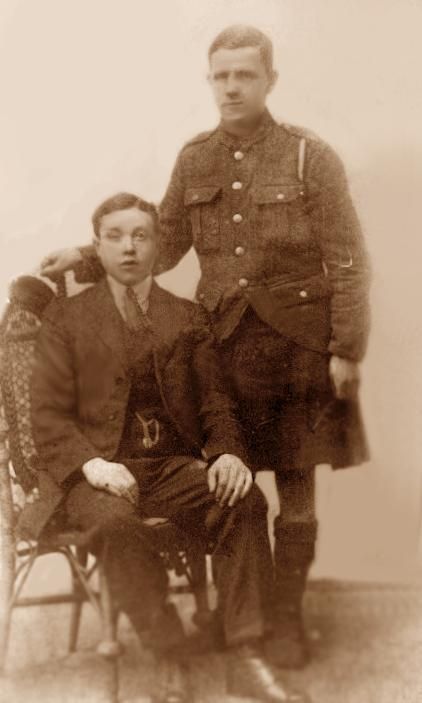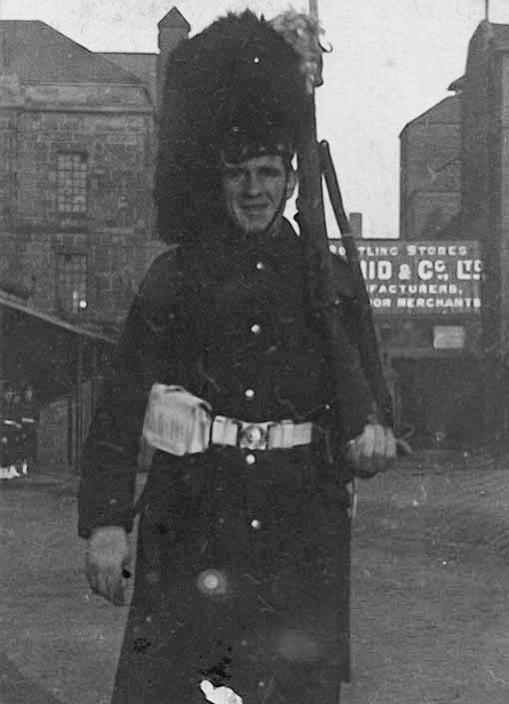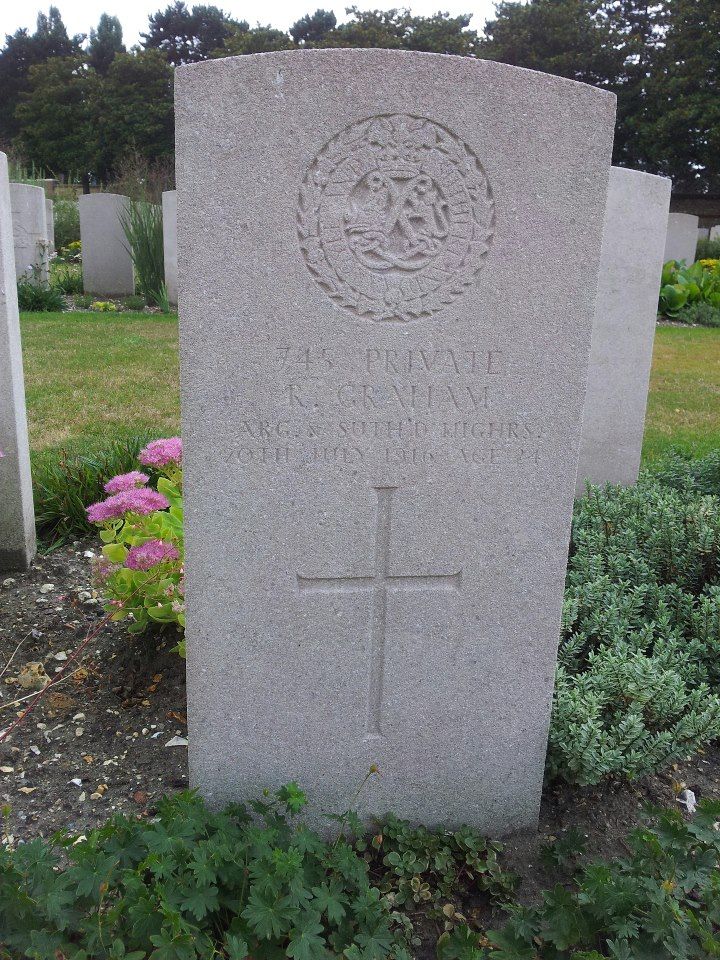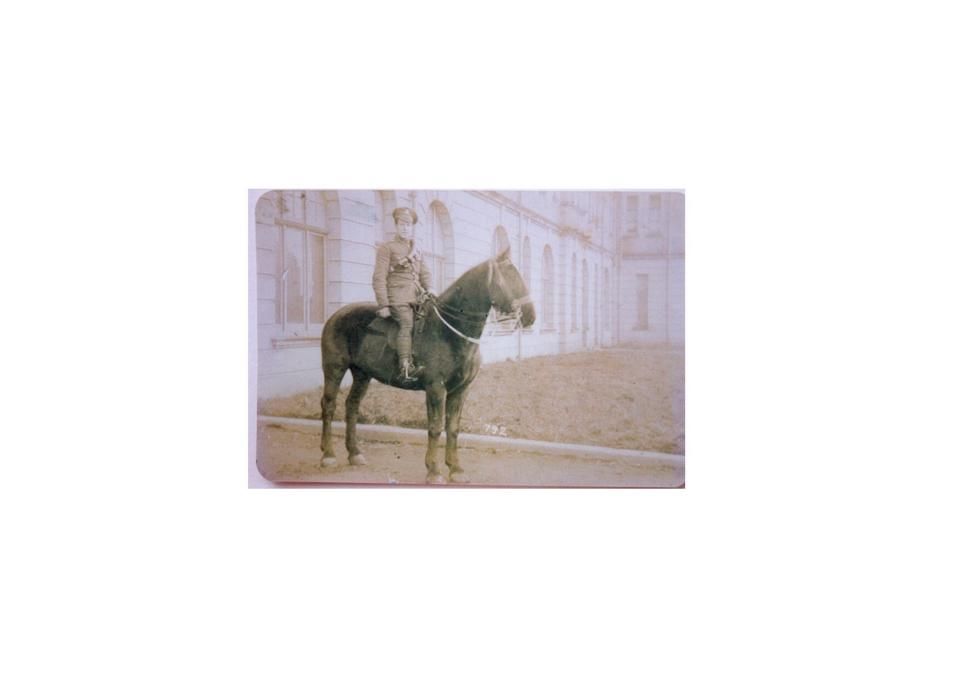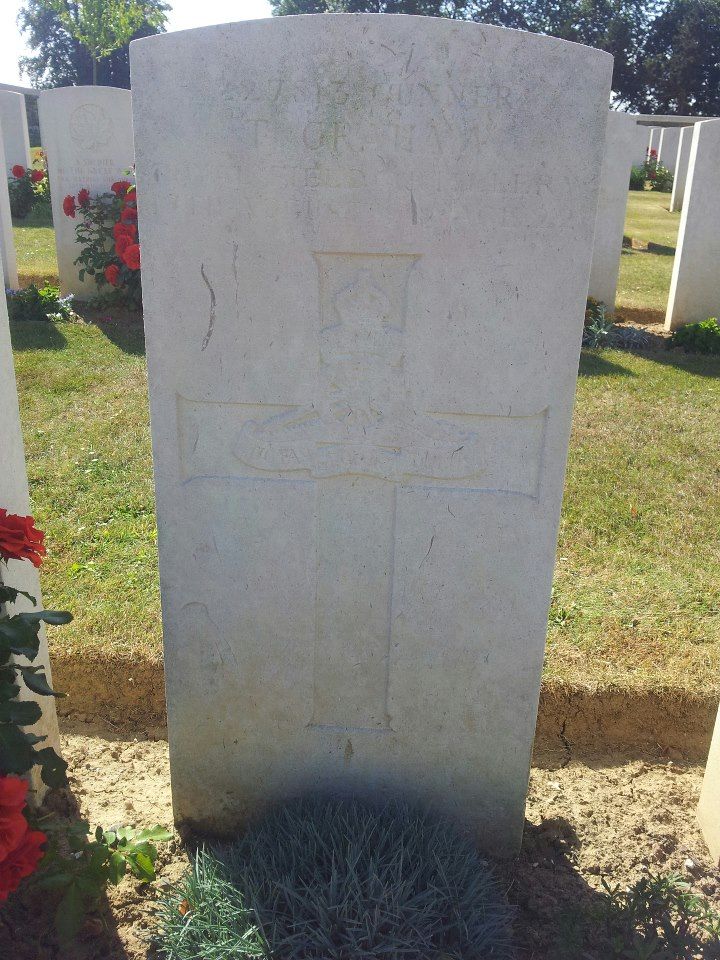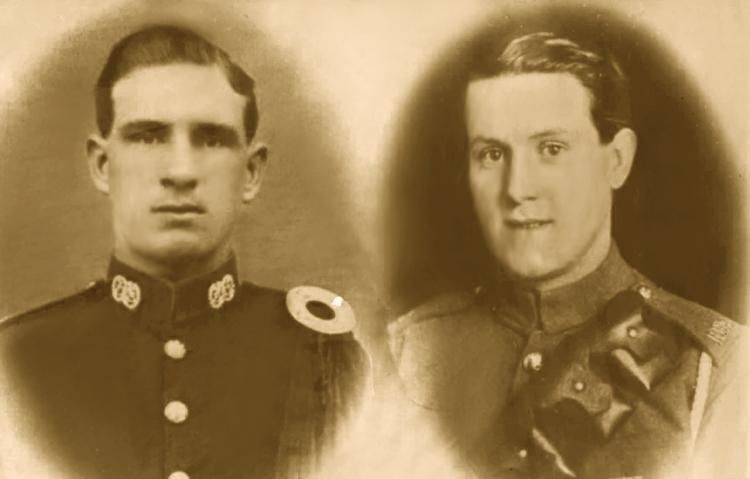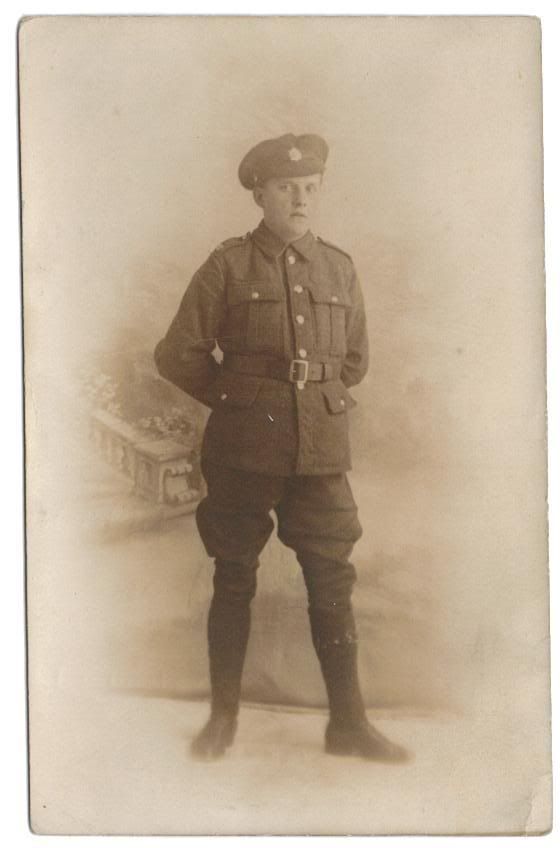I thought I'd update this to the front page and give us the news daily as it happened....100 years ago today:
http://today-in-wwi.tumblr.com/
At times I wish they would publish the authors name on some of these so as to flog them to death after reading their tripe. It amazes me to hear someone justify previous existence to this:
The Myth of the Horrible Trenches
Pictured - German dead in a sunken road. Trench warfare is by its very nature a morbid affair, but the horrors of the First World War, and in particular the Western Front, have been widely over-exaggerated.
In the late 1920s a spate of World War One memoirs and novels was unleashed on the reading public. Siegfried Sassoon’s
Memories of a Fox-Hunting Man, R.C. Sherriff’s play
Journey’s End, Richard Alderton’s
Death of a Hero, Erich Maria Remarque’s
All Quiet on the Western Front, Robert Grave’s
Goodbye to All That, Ernest Hemingway’s
A Farewell to Arms. Between contrasts of style and personal response, the content and theme of most of these trench novels is largely the same - idealism turned to disillusion, the miseries of trench living, the destructive weight of modern firepower, the obscenity of death on a modern battlefield.
These works share another characteristic feature, in that their authors tended to be men who came from sheltered, upper-class backgrounds. In no way were the war authors and poets representative of the fighting man of World War One. Indeed, most of them would have been as miserable in the slums of Manchester as they were on the battlefields of France. The squalor they presented of trenches and dug-outs shocked middle class British readers, all while one-third of the British population lived in horrid slums! The description’s of these are little better than those of the trenches:
‘Two rooms. In the lower room the brick floor is in holes. Fireplace without grate in bottom. Wooden floor of upper room has large holes admitting numbers of mice. Roof very defective, the rain falling through on to the bed in wet weather.’
The social investigator R.H. Sherard’s description of his revulsion to Manchester would hardly be out of place in Sassoon’s chilling trench tale:
‘I was entering once again the veritable gloom and disaster of the thing called Armageddon… a dreadful place, a place of horror and desolation which no imagination could have invented. Also it was a place where a man of strong spirit might know himself utterly powerless’.
Had Robert Graves or Siegfried Sassoon spent four years working in a textile factory, undoubtedly their memoirs would have been little different. The European laborer did not lack for poison gas either:
‘The chemical men work amid foul odours and in an intense heat - the temperature being as often as high as 120 degrees. They sweat and toil in an atmosphere charged with biting acids, or deadly gases, or dense with particles of lime.‘
The average Tommy in the trenches was quite possibly better off than he had been at home, even if his public schoolboy subaltern was wrapped in novel misery. Indeed, most footsoldiers greeted war with a deal of cheerful cynicism. An excellent parallel is the experience of Robert Graves, the author of
I Claudius, and thenan officer in the Royal Welch Fusiliers, and Frank Richards, a long-service private in the same regiment. In contrast to Graves’ gloomy narrative, Richard’s memoirs brim with the typical hardiness of a regular soldier. Even Graves was forced to marvel at the ease with which his subordinates accepted their lot, as when some of them confronted the corpse of a friend.
‘His comrades joke as they push out of the way to get by. ‘Out of the light, you old bastard! Do you own this bloody trench?’ Or else they shake hands with him familiarly. ‘Put it there, Billy Boy.’ Of course they’re miners and accustomed to death.’
Not only is the myth of the Great War’s unique horribleness untrue, so is the myth of the ‘Lost Generation’ killed on its battlefields. Britain lost 702,410 men killed in the war. 512,564 of them died on the Western Front, the theatre that looms largest in the public mind. Yet this is only 50,000 more than Italy lost during World War One, and yet there was no feeling that Italy was a nation drained of its vitality after the end of the conflict; still less France, who lost 1,327,000 dead, or Germany, who lost more still.
Unlike France, Britain suffered no catastrophic battles on its own soil, and unlike Germany it suffered no harsh economic failure afterwards. Yet there existed into the 1930s - and to this very day - that World War One had fundamentally crippled the British Empire. A fitting contrast to this opinion is America after the end of its civil war in 1865. In proportion to population, America lost more men in its civil war than Britain did in the Great War, yet post-war American history was not characterized by stagnation. Nor was post-1945 Britain, even though Bomber Command suffered as heavy losses as the British officer corps did between 1914 and 1918.
The writers and poets who emphasized the misery of the trenches failed to understand the underlying causes of the war, many of which undermined their pacifist ideals. They simplified a complex conflict and its war aims into a brutal and meaningless bloodbath characterized by idiot generals launching pointless offensives. It made for good reading, but is hardly an accurate way to understand the First World War. In a way, the greatest toll of the war was the physical destruction it caused, psychological after-effects it created in its wake.

